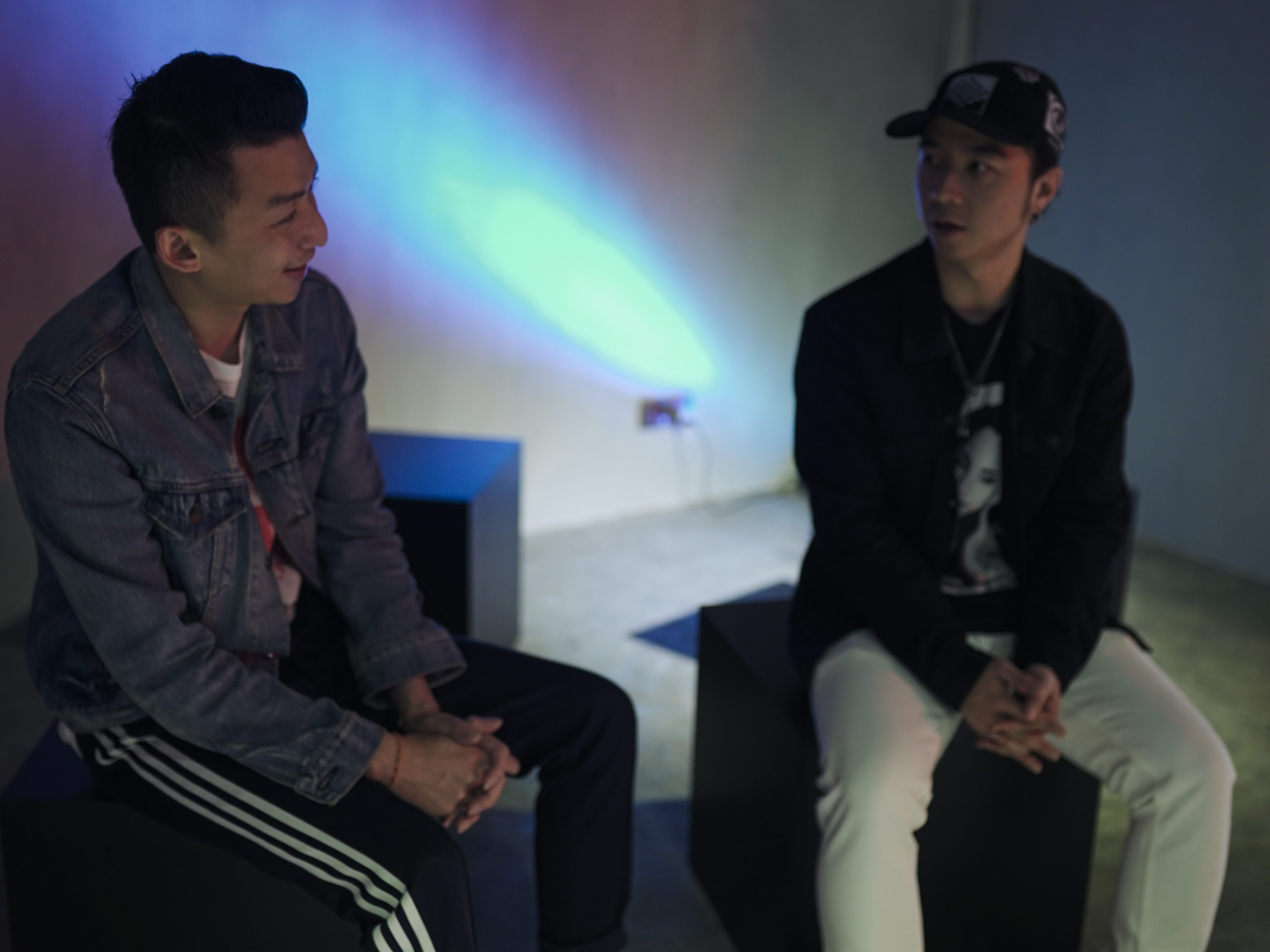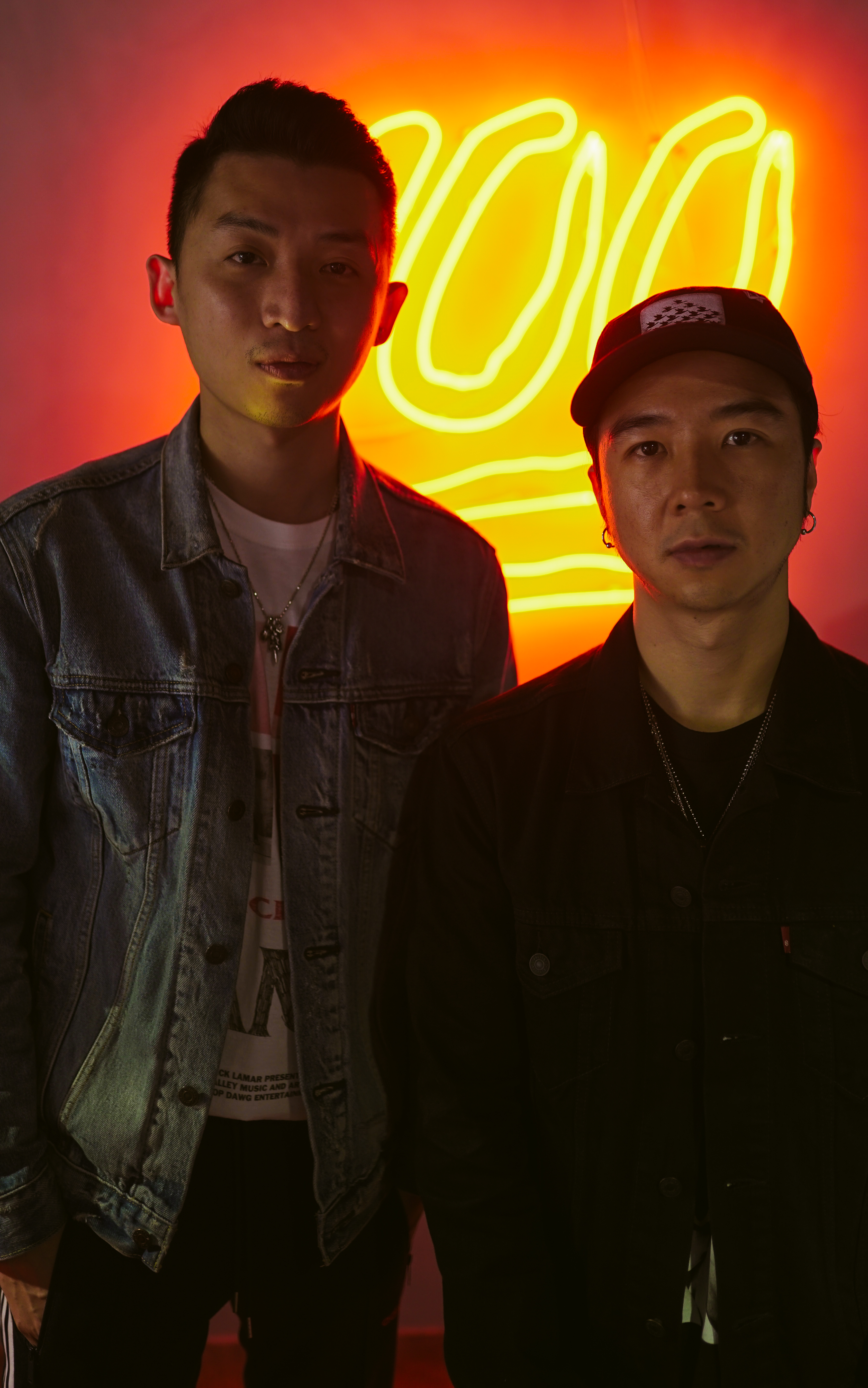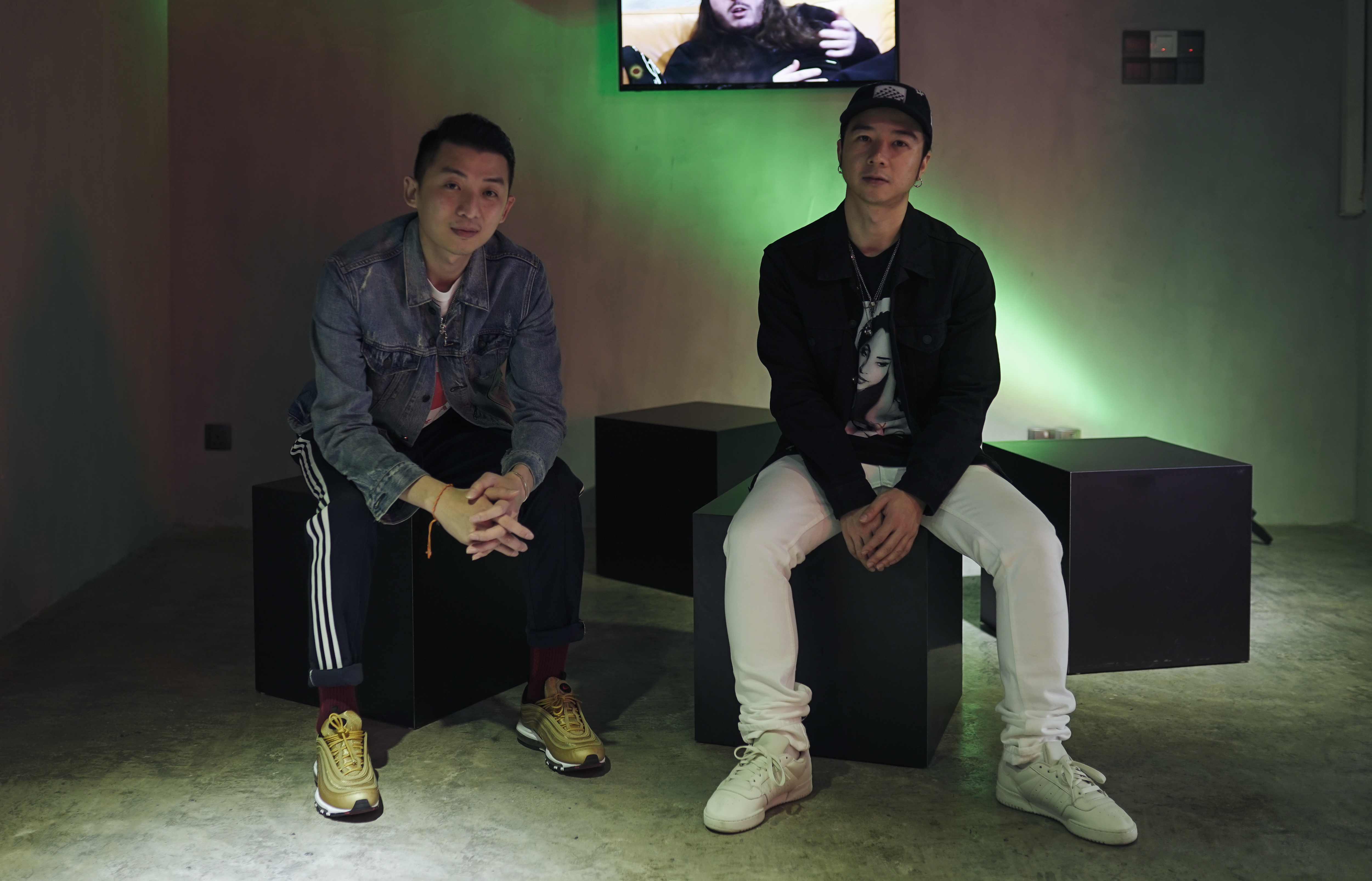Goldfish & Blink on Why Producing Your Own Music is Important as a DJ and Playing at Tomorrowland
 Thirsty for JUICE content? Quench your cravings on our Instagram, TikTok and WhatsApp
Thirsty for JUICE content? Quench your cravings on our Instagram, TikTok and WhatsApp
Goldfish & Blink are artistes – both as individual DJs and as a duo – who require little to no introduction in the Southeast Asian nightlife scene. Having been DJs for close to 20 years now, the boys are finally getting a significant international showcase as they’re slotted to play at Tomorrowland this year. With such a pivotal point of their career approaching fast (Tomorrowland is happening this coming Saturday), JUICE caught up with the two of them to talk about their preparation for the event, what it’s taken them to be distinctive from their peers, and how they control the quality of the students at their academy knowing that everyone has the ability to be a DJ.
Where were you guys when you got the Tomorrowland announcement?
Blink We can’t really remember where we were… (trails off)
Goldfish Probably at a club or something. [They sent us] an email and we thought, “No lah, this cannot be,” you know? Then, two months ago they gave us the set times, confirmation, and [when we saw] the artiste [bio], it felt surreal – like a dream come true.
“There’s nothing like the main stage at Tomorrowland in any part of the world.” – Blink
Is there anything that can top playing Tomorrowland after this?
B Maybe playing at the main stage, only top 10 DJs get to play at that stage. There’s nothing like the main stage at Tomorrowland in any part of the world — it’s bigger than Ultra — but being part of it itself is already enough.
G And we’re proud to be representing Malaysia.
Is there any pressure that comes with that though?
G There’s no pressure because we’ve been playing at overseas festivals a lot.
B We’re very excited, I’m sure we’ll feel a little bit nervous before the show.
G We’re going to be playing mainly to Europeans, so that’s the difference for us.
How do you prepare for an audience that you aren’t familiar with?
B We’re just going to go with our gut feeling — see what the DJs do there. We don’t even know if we’re going to go back there, so, we’re just going to do our best, play songs that we love, and be ourselves. I think that’s what we all should do.
G And have a really good time.
“I’ve never really been genre-specific, so for me being a DJ means being an entertainer.” – Blink
What does being a DJ mean to the two of you?
B I’ve never really been genre-specific, so for me being a DJ means being an entertainer. I just want to entertain a crowd — some are a little mellow, some are much more energetic — I play to whatever the crowd likes.
G It’s the same for me. I come from a hip hop background, and for me, over the years we love entertaining people and it’s never been a chore or a job, it’s good to be able to share a good time with people.

You guys have played for more than a decade now —
B Much longer — he’s been DJing since ’98 and I’ve been DJing since ’99.
Wow, that is quite a while. What do you think of the current state of the nightlife scene and the DJs now?
B We’re blessed to be at this level for a long time, and I think it’s because we can adapt and we’ve evolved — from what we said before, we’re not really genre-specific. We do go all out enough, [for instance] when trance is the trend, we do adapt and get influenced by it, and see how we can gel it into a set, but in terms of the scene, it’s definitely changed.
G I think the scene is not going to die [ever]. The state of it, well, there was a downfall when a lot of events were [being] shut down. It was a downfall for us because our communication with our fans was limited because not all of them go to Zouk (laughs). So, that was a big barrier, then we started putting out more music and started growing fans through social media. A lot of DJs are coming up, even in our academy we have a lot of people who want to learn to be DJs all the time. So, as long as the scene is alive around the world, in Asia, it’s probably bigger.
B Right now, the culture in dance music is one of the biggest in the world [in Asia]. It used to be South America, Europe — never was — but America was the one that made it ‘boom’. I think it’s Asia now — I mean, Southeast Asia maybe much more mature but we’re talking about China, India, Myanmar — those places are booming.
“Making music is super important. We made a name for ourselves after we started making [our own] music.” – Goldfish
There’s been an increase of DJs around the world, many of them are set on playing other people’s music and are being paid to do so. As DJs, how vital is producing your own music? Is that something that aspiring DJs should work towards or is it not as crucial?
G It’s the most important thing. It’s what’s needed to elevate you as an artiste and not just DJing other people’s music. You could be a really good DJ and exciting to watch, but if I want something from you but [can only get that by] buying a ticket to watch your show — I can’t have it in my hand, I can’t listen to it. Making music is super important. We made a name for ourselves after we started making [our own] music.
B I think that makes you an artiste. The form… sad to say, but the art of [being a] DJ is slowly tapering lower and lower. I think people don’t understand the culture; they go to the club, they just want to hear their favourite songs and that’s it. And the format [has changed]; it was turntables but today it’s CDJs — everything is becoming disposable. Everything is progressing fast, so if you don’t produce your own music and become your own brand — everyone can be a DJ — what makes you different? Everyone can play the music that you have because you can just download it from the internet. We’ve played from ’98 and ’99, but only the past four years we kind of ‘broke out’. Why did it take so long? Because it was our music [now].

How do you guys control the quality of your students knowing that everybody can do it as well?
G We can only give our say through our experiences. Everyone needs their time to develop their own sound, learn about themselves, and learn what they want to make, but there are some people who are also comfortable DJing other people’s music. You can still make a living from it and I guess, from what we said, we made our break through making music. For us, we give back as much as we can and give everybody what our experiences are — even if they ask us through Facebook, we still answer them.
Aw, that’s nice. Hopefully nobody abuses that opportunity by sending you more questions after reading this. So, how would you describe your style to someone who has never heard of Goldfish & Blink?
B Energy.
G Heavy. Banging. Party music.
B In terms of music, that’s a bit tricky because we’re going into a different direction. Like, if you were to go online [and look for] our bootleg style — the one that made us relevant again last year — was when Hardwell played our take on ‘Tokyo Drift’ at Ultra Japan. We made a ‘Black Beatles’ bootleg, and one for Kendrick Lamar’s ‘Humble’ too.
“We made an album five years ago that was way ahead of its time.” – Goldfish
G We made an album five years ago that was way ahead of its time. We made dubstep with Noh from Hujan, and we did an anthem with Altimet and Ze! — that one got us an award for Best English Song at Anugerah Industri Muzik (AIM).
B And I think we were the only DJs that won Best English Song (laughs). We’re pretty confident with what we do, and do what we like.
Goldfish & Blink will be playing at Tomorrowland this weekend. You can catch them on the festival’s livestream channel here.
Follow Goldfish on Instagram here, and Blink here.


 Get Audio+
Get Audio+ Hot FM
Hot FM Kool 101
Kool 101 Eight FM
Eight FM Fly FM
Fly FM Molek FM
Molek FM